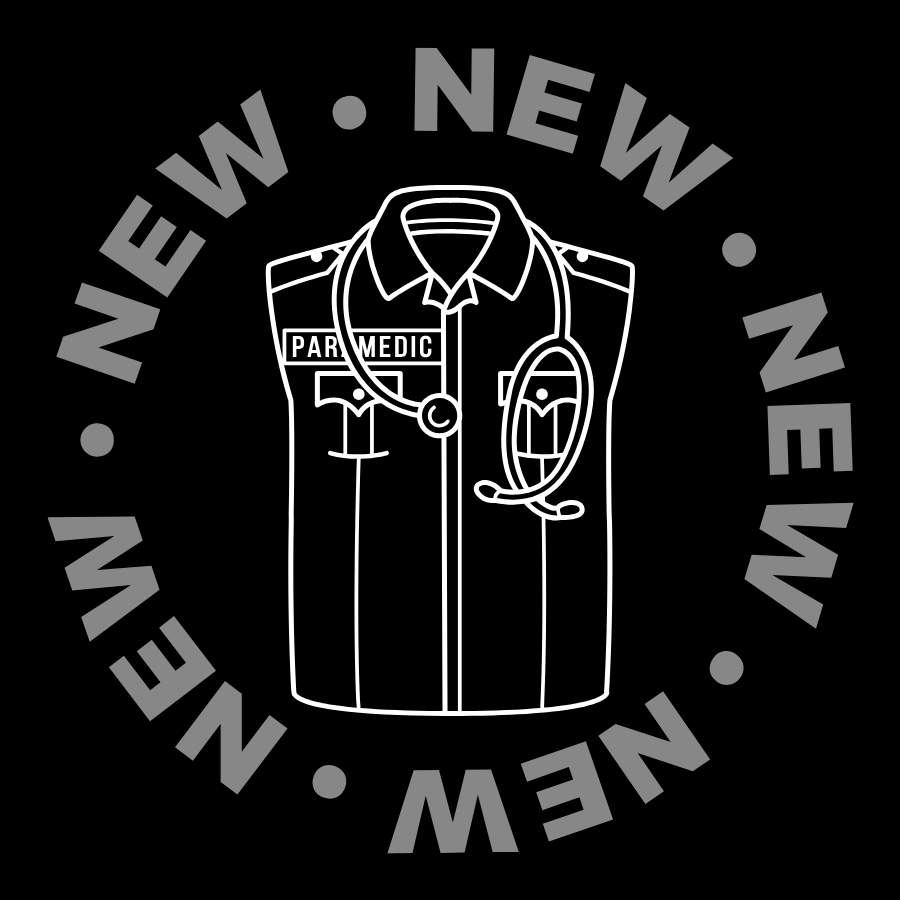Your cart is currently empty!

Top 5 Things We Wish We Knew as a New Medic
Posted by:
|
On:
|
Top 5 Things We Wish We Knew as a New Medic
When you’re brand new in EMS, you think passing National Registry is the finish line—but really, it’s the starting gun. You step onto the truck for your first shift, all that training behind you, and still feel like you know nothing. If you’re nodding your head right now, welcome. You’re in the right place.
Looking back, I wish someone had pulled me aside on day one and told me these five things. So here it is—what I wish I knew when I was a new medic, from one provider to another.
1. You Don’t Have to Know Everything Right Away
I felt like once I got my paramedic patch, I had to have every answer. Spoiler: I didn’t. And nobody expected me to.
There’s so much pressure to perform perfectly, especially early on. But EMS is a field where learning never stops. Some of the best medics I know are still asking questions, still second-guessing a treatment choice just to be thorough, and still learning every day. You are not less competent because you pause to think.
Own your learning process. Say, “I’m not sure, let’s look it up. ”Ask your partner questions. Call your medical control if you need to. Confidence doesn’t mean never asking—it means knowing when you need to.
2. Your Partner Will Make or Break Your Shift
You’ll spend more time with your EMS partner than with most of your family. That dynamic matters.
The best shifts I’ve ever had weren’t necessarily because the calls went smoothly—they were because I had a partner who had my back, who taught instead of judged, who shared the mental load. The worst shifts? Usually had more to do with the person in the driver seat than the patient in the back.
Here’s the part nobody tells you: you have the power to be a great partner, too. Don’t wait until you’re the senior one to start practicing empathy, support, and communication. The energy you bring into the truck is contagious.
3. Not Every Call Is a Save—And That’s Okay
This one hit me hard.
I remember working my first full “bad call” where we did everything right, but still couldn’t save them. I was crushed. You come into this job thinking you’re going to save everyone. But the truth is: some people don’t survive. Some don’t want help. And some calls just go sideways.
It doesn’t mean you failed.
Measure your success by effort, not outcome. Did you give quality care? Did you treat with compassion? Did you advocate for your patient? That’s the work. Not the save.
4. The Job Will Try to Eat You—Set Boundaries Early
When I was new, I said yes to everything. Overtime? Sure. Extra shift? Of course. Cover for someone else? I got it. I thought I had to “prove myself” and show I was reliable.
But EMS will let you burn yourself out if you don’t protect your peace.
Set boundaries. Sleep. Say no. You’re not being selfish—you’re being sustainable. Your career will last a lot longer if you’re not running on fumes by year two.
5. Trust Your Gut
Here’s something nobody taught me in medic school: sometimes the numbers lie.
Your gut is a tool. You’ll feel it in your stomach before the patient crashes. You’ll notice something just off in the tone of their voice or how they’re looking at you. When that happens—lean in.
I’ve had calls where every vital sign was fine, but I just knew something was wrong. That “feeling” has saved lives. And yes, it gets stronger with experience, but it starts with listening to it now.
Final Thoughts:
If you’re reading this and you’re a new medic: I see you. I’ve been you. And I promise, it gets easier. You don’t have to pretend you know it all. Just be teachable, be curious, and care deeply. The rest comes with time.
And if you’re a seasoned provider, I hope this is a reminder to reach out to your rookies—teach, support, and remember what it felt like to be new.We don’t rise alone in this job. We climb together.